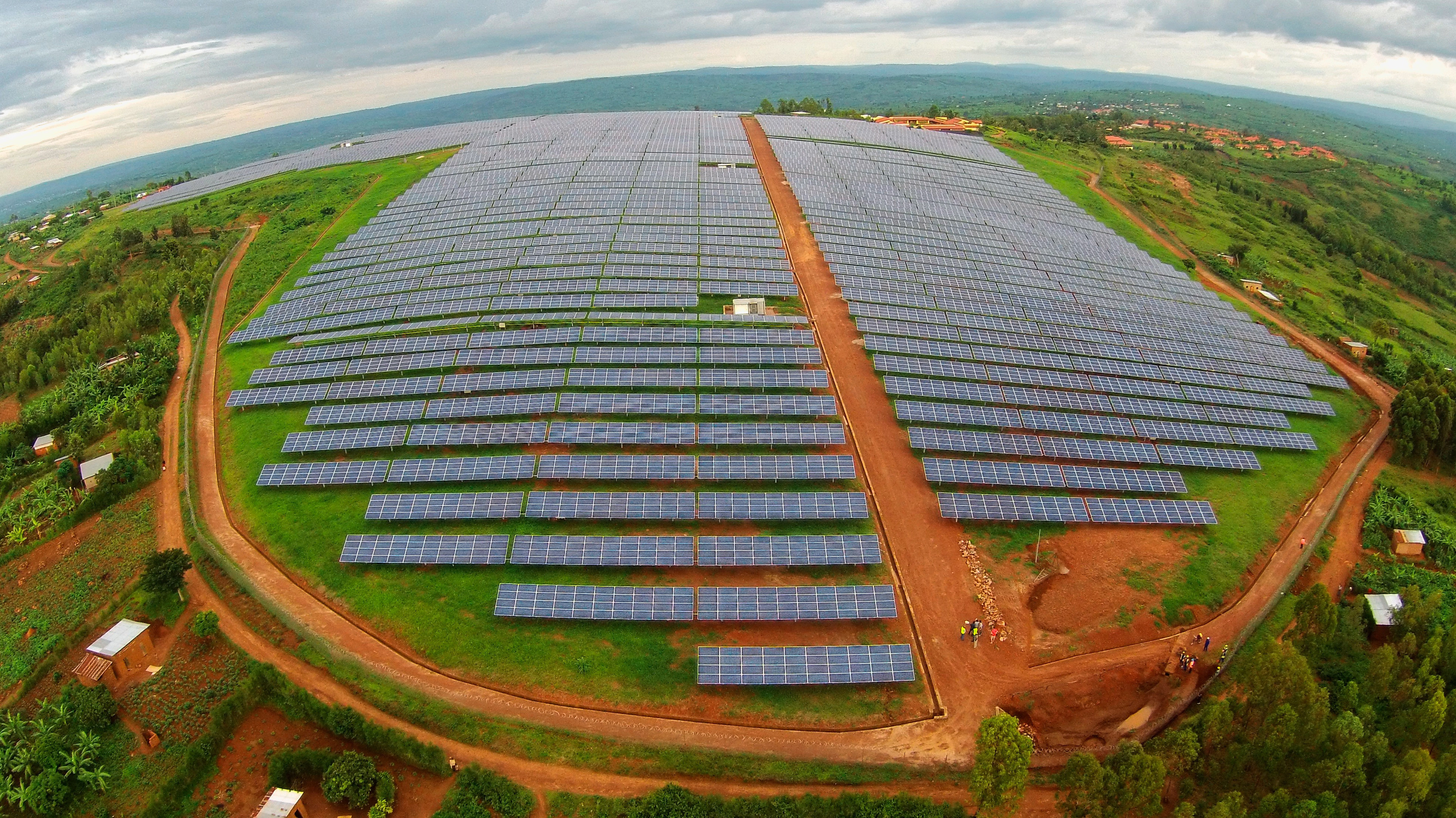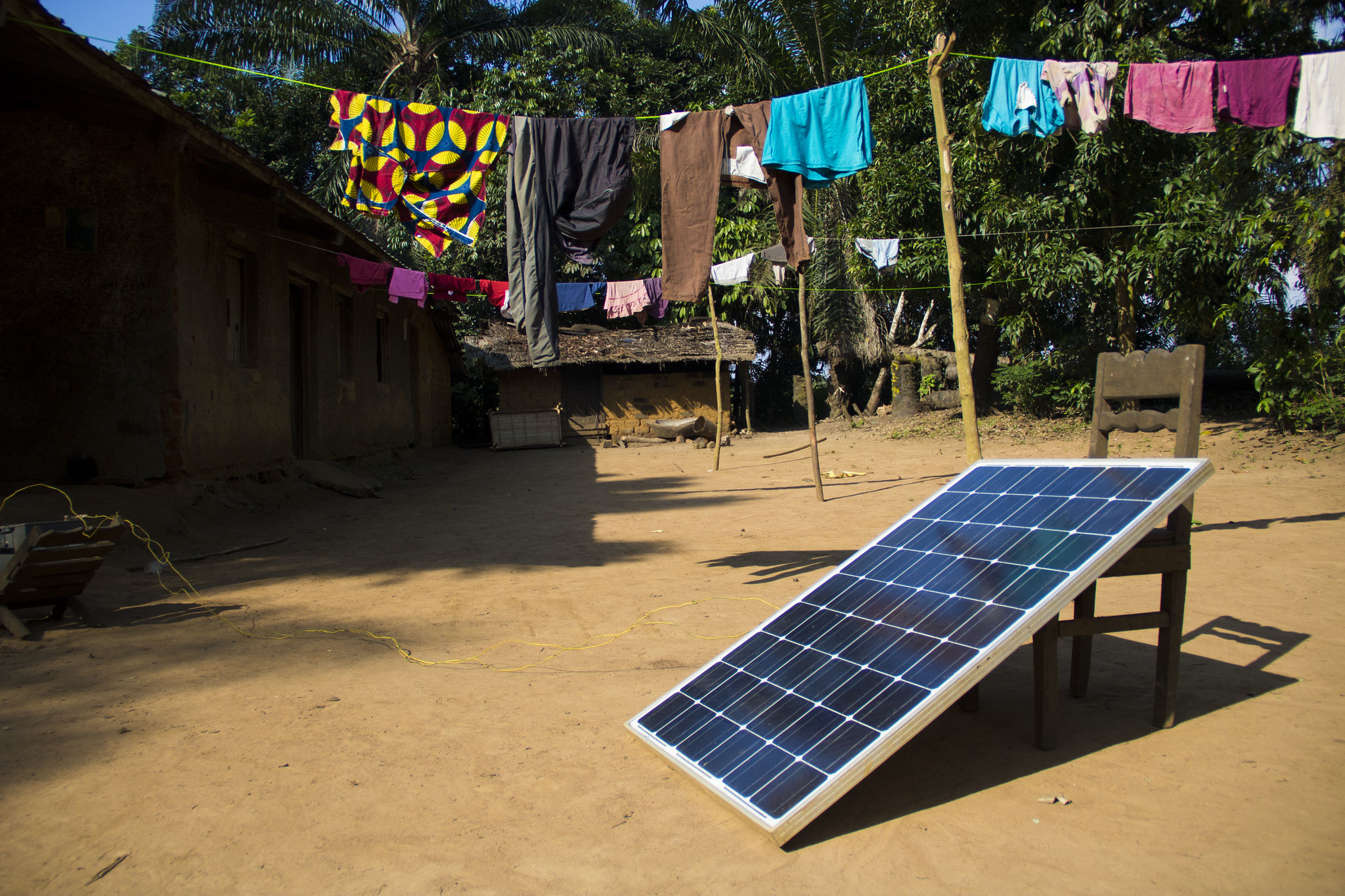The revival of nuclear power is an opportunity for Africa to meet its needs for affordable, large-scale, and sustainable electricity to boost economic productivity. Oluleke O. Babayomi outlines how Africa can leverage nuclear energy to scale up affordable energy and economic growth.
Recent news reports on energy policies in Europe and Asia indicate a new phase in the clean energy transition. During the summer, gas shortages arising from the Russian invasion of Ukraine compelled Germany to ramp up the generation of electricity from coal, and even to remove some wind turbines to make room for coal plants. In July 2023, Sweden’s parliament, the Riksdag, endorsed a proposal in the government’s spring amending budget to change the country’s 2040 climate goal of 100 per cent “renewable electricity production” to 100 per cent “fossil fuel free” electricity production. In August 2023, India, a country that generates over 70 per cent of its electricity from coal, announced that its “transition away from coal is not happening in the near future“. Although these events are apparent setbacks to a global clean transition, they also indicate that policymakers realise that leaning too heavily on “intermittent renewables” potentially exposes countries to energy and geopolitical uncertainties.
Low carbon sources like nuclear energy can help secure energy security as part of a transition away from fossil fuels. The electricity produced by a nuclear power plant is dispatchable meaning it is available constantly and does not vary its output with changing weather or seasons. Non-intermittent clean energy sources help provide a reliable baseload for the main grid that can then be supplemented by renewables. The USA has almost 70 per cent of its clean energy generated from hydro and nuclear power, with almost half from nuclear alone.
Nuclear power is the most reliable source of electricity generation available today. Because nuclear power plants have less maintenance downtime, and only need refuelling after every eighteen months or more. The result is that when you supply 1MW of electricity to the grid by nuclear power, you need almost two 1MW coal plants, almost three 1MW wind plants and almost four 1MW solar PV plants to supply the same amount of energy. Nuclear plants also require less land. For the same amount of energy output, solar and wind respectively need 35 times and 200 times the land area required by nuclear plants. The full system cost (that considers both battery storage and other system requirements) of nuclear is less than half that of solar and one third that of wind. As a result, the return on investment over the plant’s lifetime is seven times that of a wind farm. Several African countries are on course to complete new nuclear power plants by 2030. This is a laudable step because such dispatchable low carbon sources offer a viable route towards eco-friendly economic growth.
Cost and safety
There are, of course, cost and safety concerns with nuclear power. Several new nuclear plant projects in the past 60 years experienced cost overruns. For instance, France’s Flamanville 3 reactor construction, which began in 2007, and was initially scheduled to be completed within 5 years has been rescheduled for completion in 2024. The 12-year delay has left the project with a total cost of €13.2 billion—four times the initial budget.
Thousands of lives have been lost to direct and indirect impacts of the catastrophic 1979 Three Mile Island (USA) incident, the 1986 Chernobyl (USSR) disaster, and the 2011 Fukushima nuclear accidents. Following the Fukushima incident, there was a global decline in the number of new nuclear power plant construction, and national governments across Europe changed their energy policies to move away from nuclear. Therefore, the poor maintenance attitude that crippled African electricity grids must not be carried into the imminent nuclear power era. This can be tackled by private-public-partnership management of the nuclear stations to ensure that technical safety guidelines are strictly observed. Several countries in the region have a recent history of civil unrest and the presence of terrorist groups who could take nuclear facilities hostage or attack them. Governments will therefore need to prioritise the high-level security of the nuclear plants, which will add to the cost and need to be factored in from the start.
Recent trends in the nuclear energy industry have seen developments focused on the concerns of safety, waste management, and nuclear proliferation. The development of Advanced Small Reactors (ASRs) could help spearhead further growth of the nuclear industry, but they are not yet commercially viable. ASRs are nuclear reactor technologies that have these common features: smaller modular sizes that make them easier to construct; they are safer and more efficient than larger reactors; and underground or underwater casings that can endure natural disasters. Further political and financial support is needed for ASR to be widely available, but their characteristics make them a potentially appealing option for countries seeking to improve their fossil-fuel free base loads.
The ongoing nuclear power generation revival is an opportunity for affordable grid-scale electrical power to boost economic productivity in Africa. To seize this, countries must ensure they have trained workforces, prudent financial planning, and proper safeguarding in place. If they don’t the opportunity will pass them by.
Photo credit: IAEA Imagebank used with permission CC BY-NC-ND 2.0 DEED





